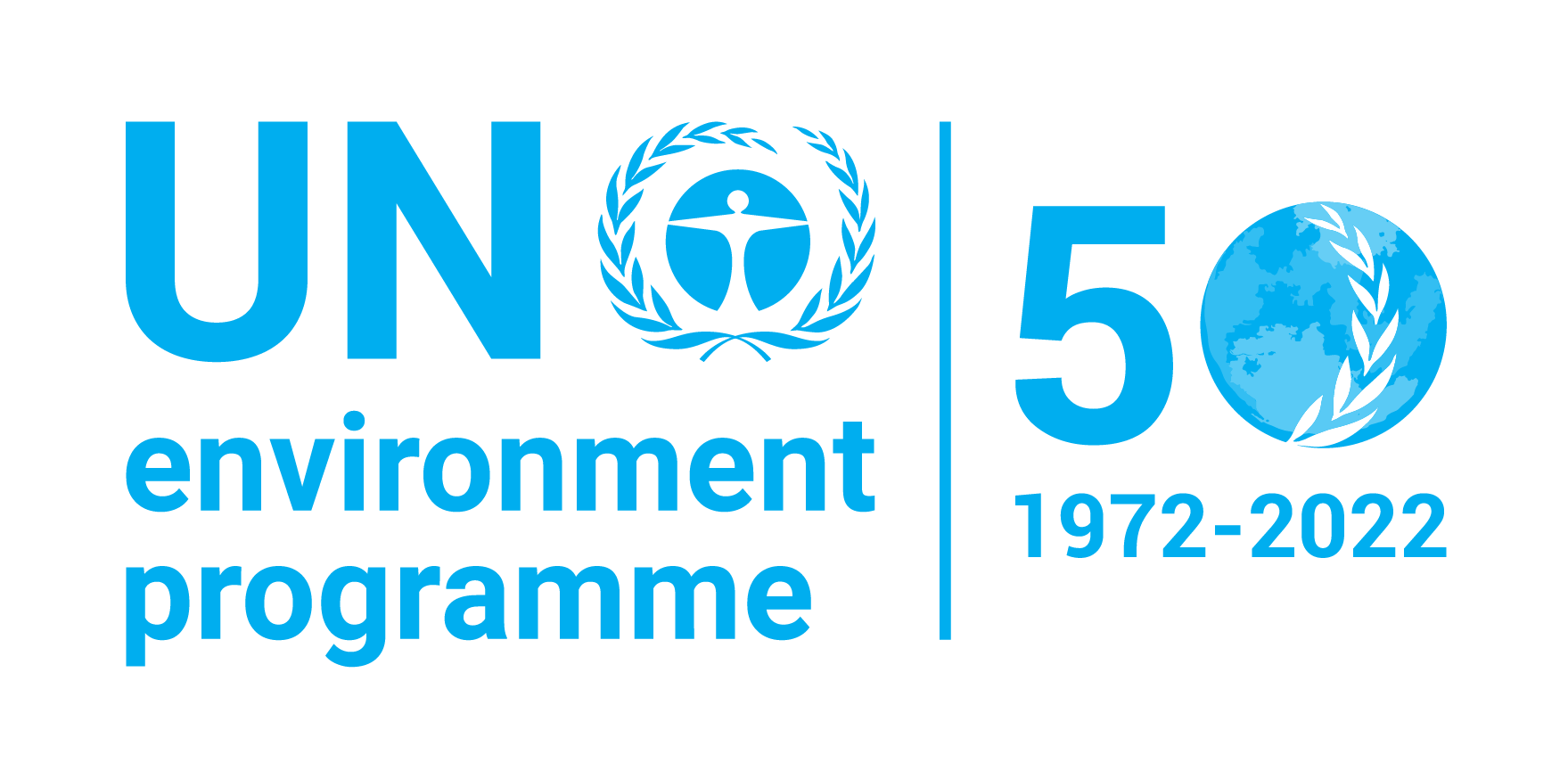| dc.description | Initially, Dr Harutyunyan produced valuable products from food and agricultural wastes. Throughout the industry, fruit kernels and other parts are
thrown away after being processed. This economic model was based on turning these into valuable products with no or hardly any raw material expenses. Together with colleagues, he hired premises in the research institute and soon set up a production unit in a suburb of Yerevan. The unit used local equipment and chemical solvents were not used.
As a result, the firm has produced a range of products including wild berry extracted powders, fruit kernel and fruit oils. Bizon 1 products then found their way to the local market in pharmacies and some food stores. These include wild rose-hip extract, blends with other berry extracts such as raspberry, hawthorn, blackberry, sea buckthorn, and kernel and fruit oils of sea buckthorn, blackberry, pomegranate, rose-hip, raspberry, apricot and peach. | en_US |


